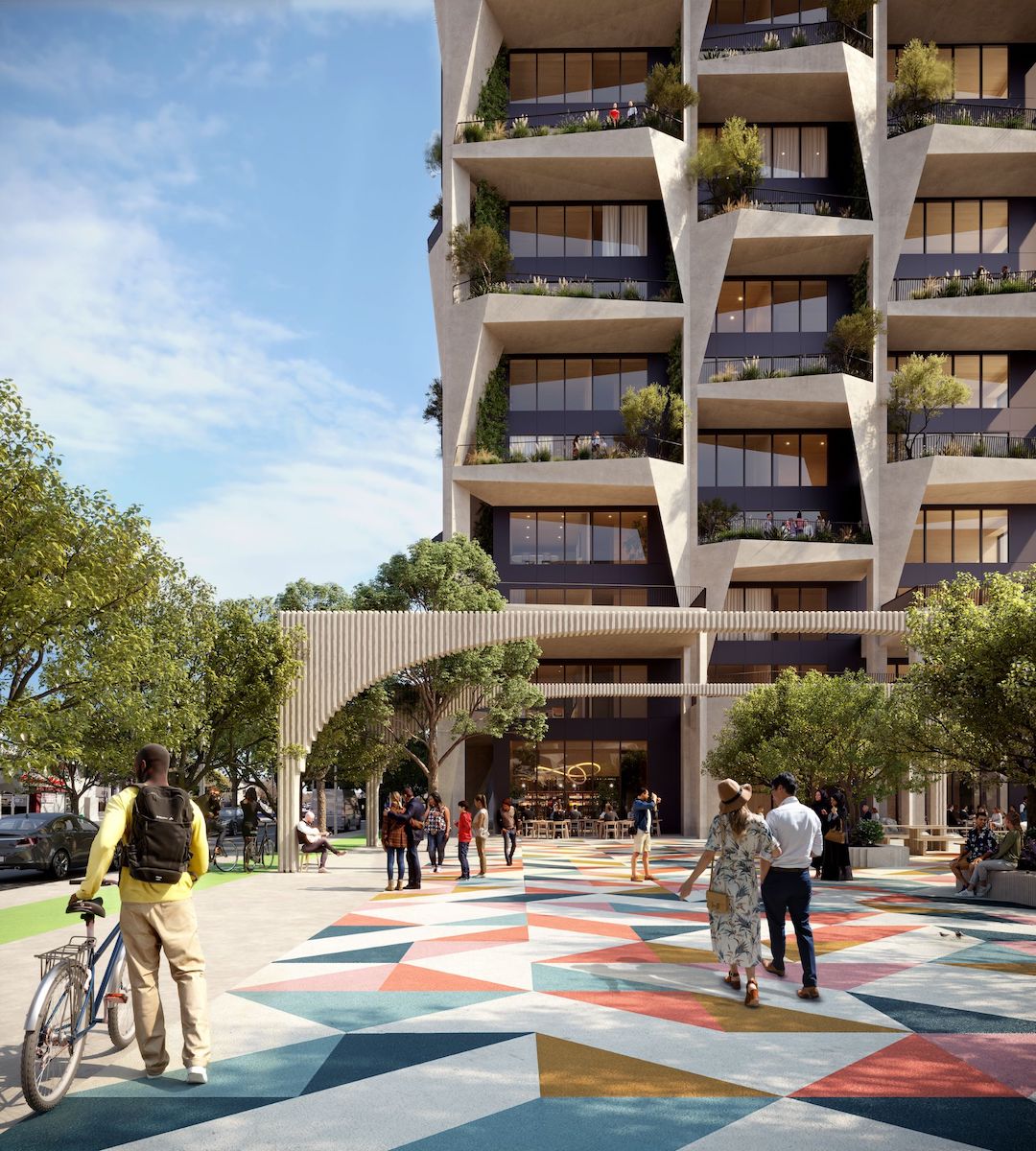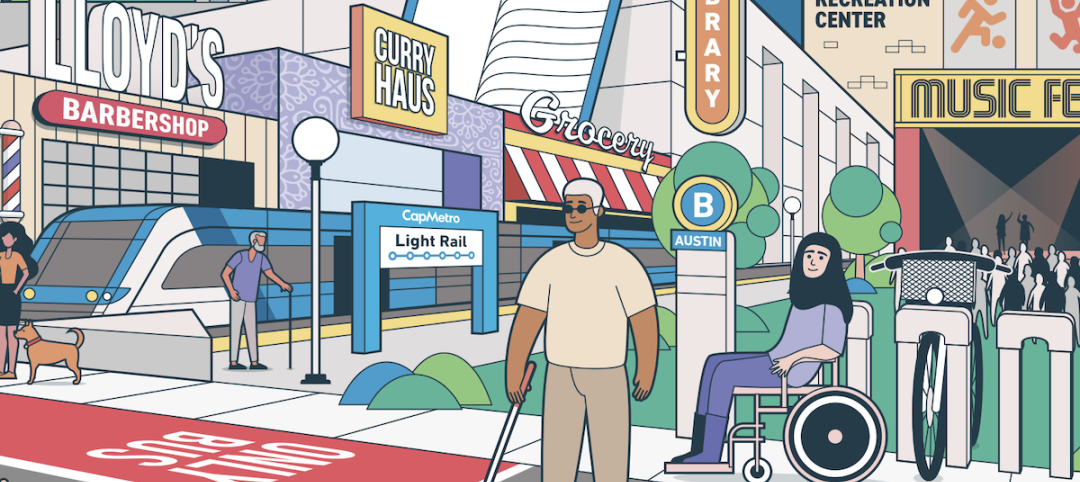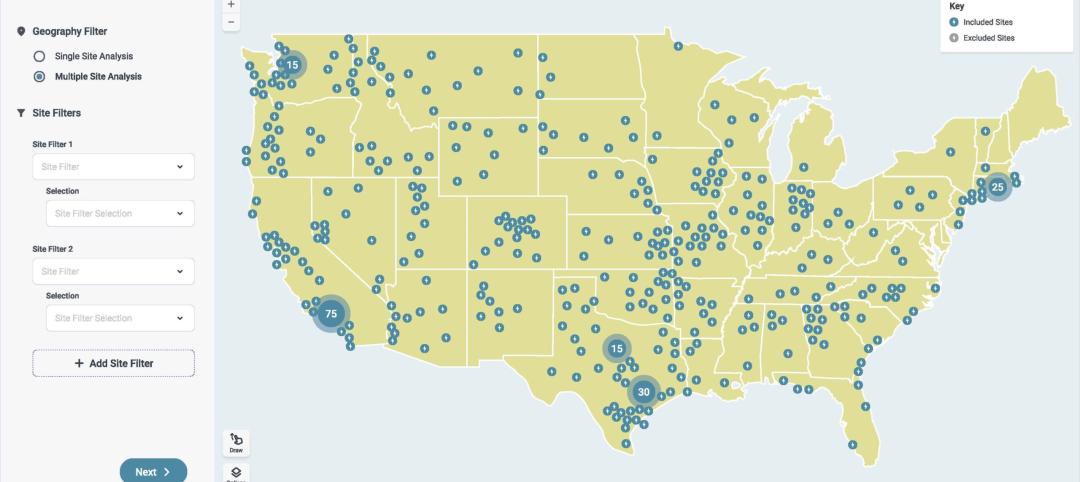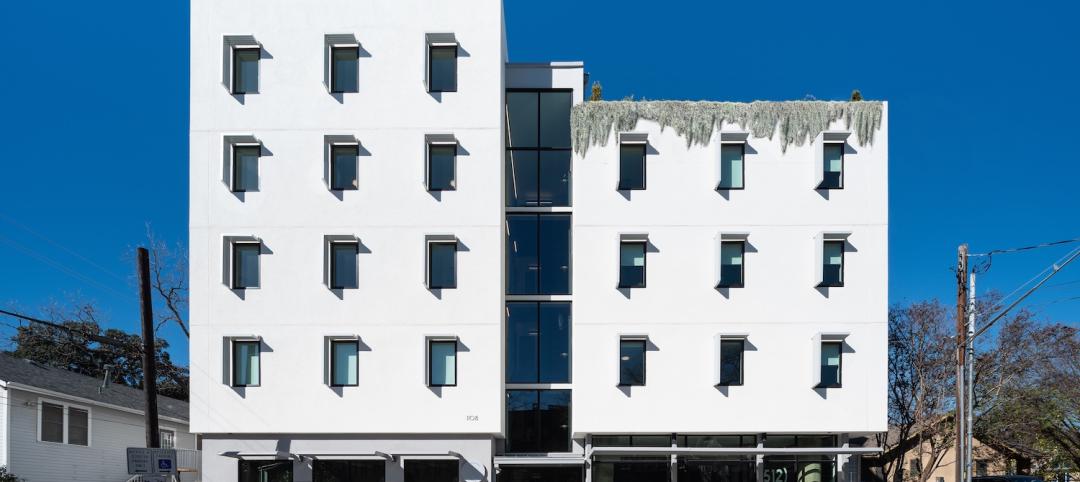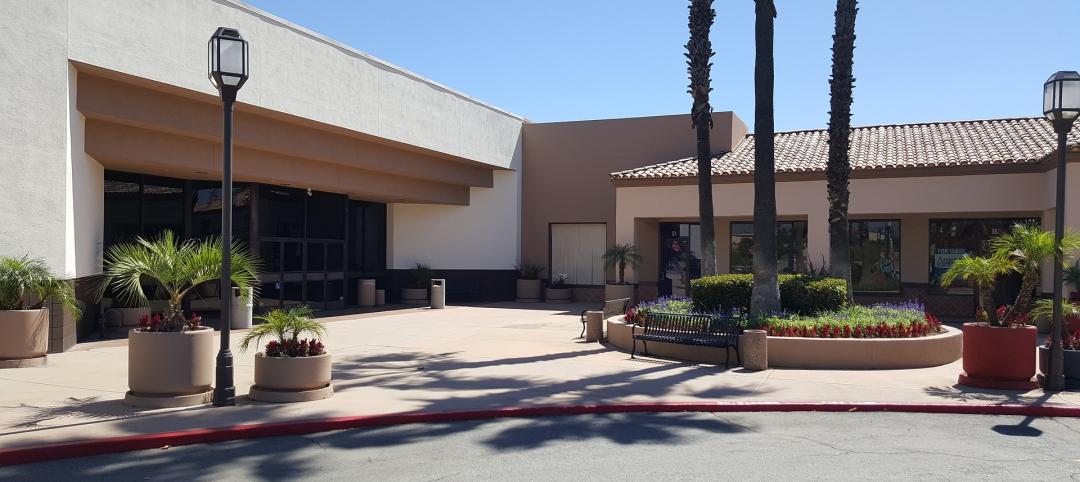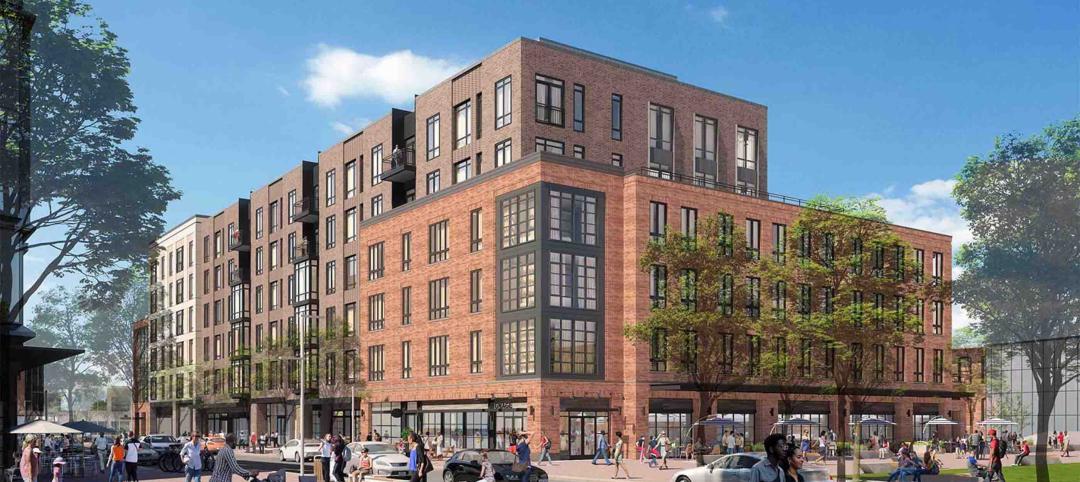Nabr, a first-of-its-kind residential development company co-founded by Bjarke Ingels, Toni Bahar, and Nicholas Chim, is hoping to reimagine the future of urban living by offering personalized, sustainable urban homes that will be co-designed with each resident.
The “people-first” company has a five-step process that allows residents to purchase and customize their homes. The first step is to join the waitlist and answer a short questionnaire explaining any needs or desires for the home. When an apartment becomes available, Nabr will reach out to move forward to the next step.
Step two is to customize the home. Buyers will receive an invite to Nabr’s Design Studio to select and customize the home from a curated list of layouts, interiors, and optional upgrades. Step three allows buyers to choose their path to ownership. Buyers can buy upfront or qualify for Nabr’s LEAP program to lock in the purchase price on day one while paying a monthly lease and earning credits toward the home purchase. Step four sees buyers reserving the home with a $1,000 refundable reservation fee, and step 5 is to officially pre-order the home with a non-refundable deposit as low as 1% of the home’s purchase price.
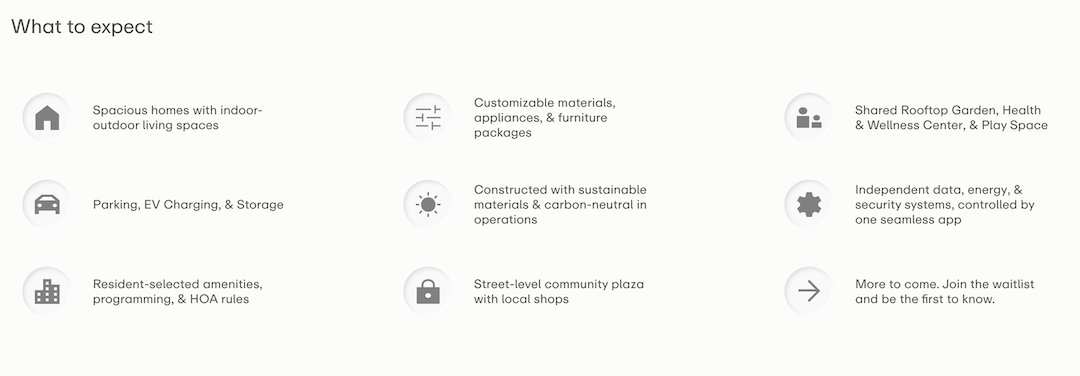
SoFa One, located in downtown San Jose, will be the company’s first development. It will include 125 personalized, sustainable homes in studio, one-, two-, and three-bedroom+ layouts. SoFa One, as well as all subsequent Nabr developments, will feature View Smart Windows. View Smart Windows automatically adjust to provide continuous access to natural light and outdoor views while minimizing heat and glare. The windows reduce energy consumption for cooling and lighting by up to 20%. Nabr developments will also use View’s cloud-connected smart building network, View Net, to power all connected products such as smart locks, access controls, air quality sensors, smart thermostats, and parking.
Prices for SoFa One apartments will start in the high $700Ks. The development is expected to break ground in summer 2022 with occupancy expected by summer 2023.
Related Stories
Transit Facilities | Dec 4, 2023
6 guideposts for cities to create equitable transit-oriented developments
Austin, Texas, has developed an ETOD Policy Toolkit Study to make transit-oriented developments more equitable for current and future residents and businesses.
Multifamily Housing | Nov 30, 2023
A lasting housing impact: Gen-Z redefines multifamily living
Nathan Casteel, Design Leader, DLR Group, details what sets an apartment community apart for younger generations.
Products and Materials | Nov 30, 2023
Top building products for November 2023
BD+C Editors break down 15 of the top building products this month, from horizontal sliding windows to discreet indoor air infusers.
Engineers | Nov 27, 2023
Kimley-Horn eliminates the guesswork of electric vehicle charger site selection
Private businesses and governments can now choose their new electric vehicle (EV) charger locations with data-driven precision. Kimley-Horn, the national engineering, planning, and design consulting firm, today launched TREDLite EV, a cloud-based tool that helps organizations develop and optimize their EV charger deployment strategies based on the organization’s unique priorities.
MFPRO+ Blog | Nov 27, 2023
7 ways multifamily designers can promote wellness in urban communities
Shepley Bulfinch's Natalie Shutt-Banks, AIA, identifies design elements that multifamily developers can use to maximize space while creating a positive impact on residents and the planet
MFPRO+ New Projects | Nov 21, 2023
An 'eco-obsessed' multifamily housing project takes advantage of downtown Austin’s small lots
In downtown Austin, Tex., architecture firm McKinney York says it built Capitol Quarters to be “eco-obsessed, not just eco-minded.” With airtight walls, better insulation, and super-efficient VRF (variable refrigerant flow) systems, Capitol Quarters uses 30% less energy than other living spaces in Austin, according to a statement from McKinney York.
MFPRO+ News | Nov 21, 2023
California building electrification laws could prompt more evictions and rent increases
California laws requiring apartment owners to ditch appliances that use fossil fuels could prompt more evictions and rent increases in the state, according to a report from the nonprofit Strategic Actions for a Just Economy. The law could spur more evictions if landlords undertake major renovations to comply with the electrification rule.
MFPRO+ News | Nov 21, 2023
Underused strip malls offer great potential for conversions to residential use
Replacing moribund strip malls with multifamily housing could make a notable dent in the housing shortage and revitalize under-used properties across the country, according to a report from housing nonprofit Enterprise Community Partners.
MFPRO+ News | Nov 21, 2023
Renters value amenities that support a mobile, connected lifestyle
Multifamily renters prioritize features and amenities that reflect a mobile, connected lifestyle, according to the National Multifamily Housing Council (NMHC) and Grace Hill 2024 Renter Preferences Survey.
Sustainability | Nov 20, 2023
8 strategies for multifamily passive house design projects
Stantec's Brett Lambert, Principal of Architecture and Passive House Certified Consultant, uses the Northland Newton Development project to guide designers with eight tips for designing multifamily passive house projects.


